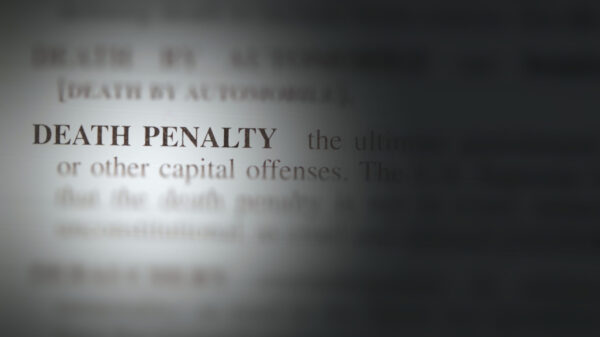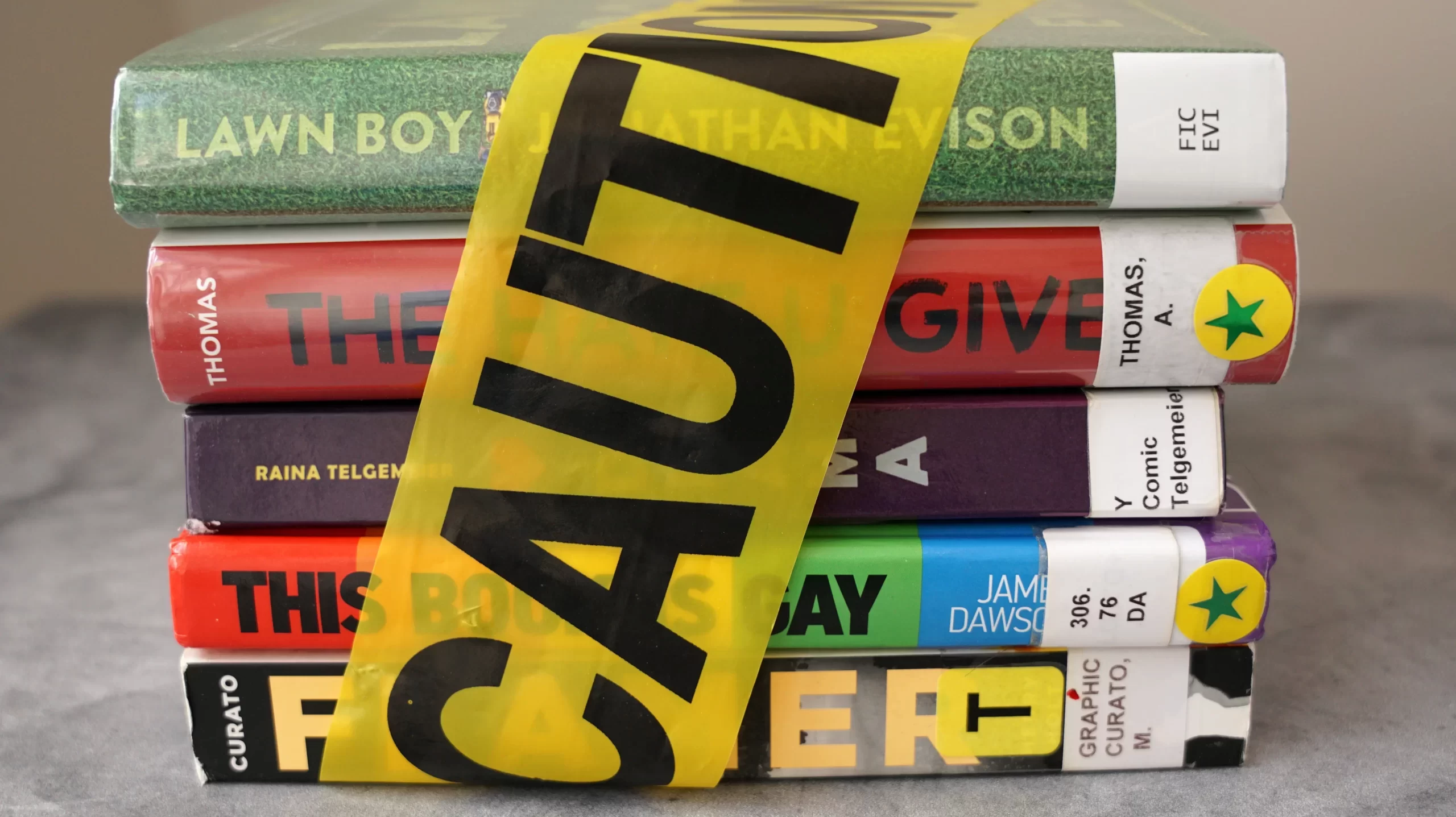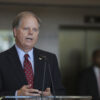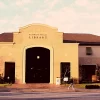As Alabama lawmakers appear primed to open librarians to criminal charges, a federal judge last week ruled that a similar Arkansas law is unconstitutional.
U.S. District Judge Timothy Brooks struck down two portions of the law, passed by the Arkansas legislature last year as Act 372, ruling that the portions of the law were unconstitutional on First and Fourteenth amendment grounds.
“The law deputizes librarians and booksellers as the agents of censorship; when motivated by the fear of jail time, it is likely they will shelve only books fit for young children and segregate or discard the rest,” Brooks wrote.
The law is similar to House Bill 4, sponsored by Rep. Arnold Mooney, Indian Springs, which already has 50 Republican sponsors in the House.
Act 372 creates a similar process for the challenge of materials at public libraries, except instead of resulting in potential criminal charges, it gives county and city governments the final say over book challenges.
The process defined in HB4 allows citizens to challenge materials on library shelves, but if the library fails to move the book, the citizen could press charges against the librarian or school superintendent. If the book is considered “harmful to minors” under the law, the librarian could be charged with a misdemeanor. If it is considered “obscene,” the charge would be a felony.
The Arkansas bill struck down by the court last week, like Alabama’s proposed law, removed a criminal exemption for libraries. Arkansas’ law, however, left the definition of “material harmful to minors unchanged.” That definition in Arkansas law closely resembles the current definition under Alabama law.
Mooney’s bill would change that definition, though, by redefining the term “sexual conduct” to include “gender-oriented conduct.”
“In K-12 public schools or public libraries where minors are expected and known to be present without parental presence or consent, any sexual or gender-oriented conduct, presentation, or activity that knowingly exposes a minor to a person who is dressed in sexually revealing, exaggerated, or provocative clothing or costumes, who is stripping, or who is engaged in lewd or lascivious dancing,” the new definition reads.
When Mooney first introduced the bill two years ago, it was targeted at drag performances but has evolved and expanded to cover public and school library materials.



















































